
Health Care for Western Performance Horses
Learn how champion Western riders select the perfect mount, train and condition him properly, and manage his health so he delivers his best in the show pen.

Learn how champion Western riders select the perfect mount, train and condition him properly, and manage his health so he delivers his best in the show pen.

A nutritionist explains how meeting your sport horse’s dietary needs can help keep him healthy and performing his best.

Learn how young horses’ bodies adapt to exercise and how to prepare them for successful careers.

How to help performance horses of all types reach peak fitness.

Learn about devices designed to measure equine athletes’ cardiac function and maximize performance.

Poor air quality from wildfire smoke can be very dangerous for horses. An equine internal medicine specialist offers advice.
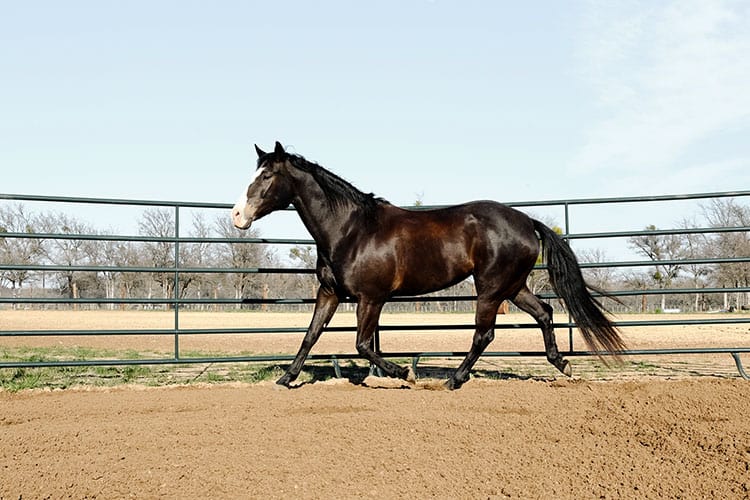
Exercise significantly affects risk of gastric ulcer development in horses, particularly in the glandular region, which underscores the need for management precautions.
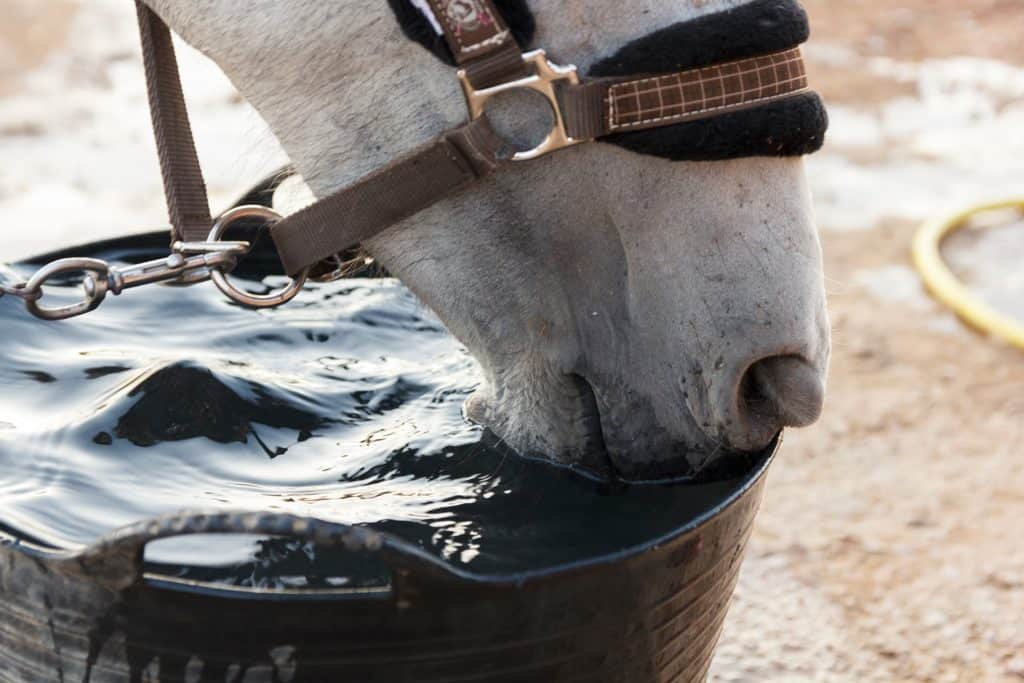
Keeping competition horses well hydrated isn’t always easy. One nutritionist offers tips to help prevent dehydration.

Here’s how to implement feed and exercise changes for horses that are overweight or obese.
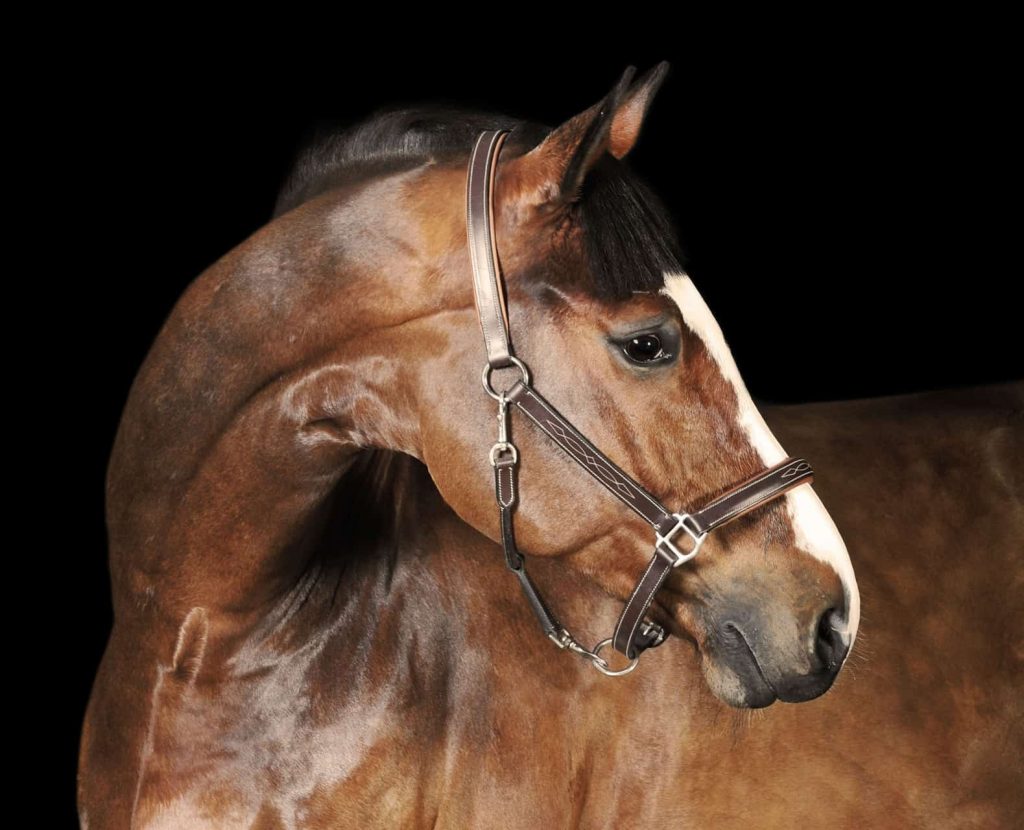
Find out how your horse can hurt his neck, risks for injury and disease, and associated therapies, so you can give your horse the best chance for a strong neck and an athletic future.

Understanding how and why injuries in sport horses happen might be the best way to prevent them.
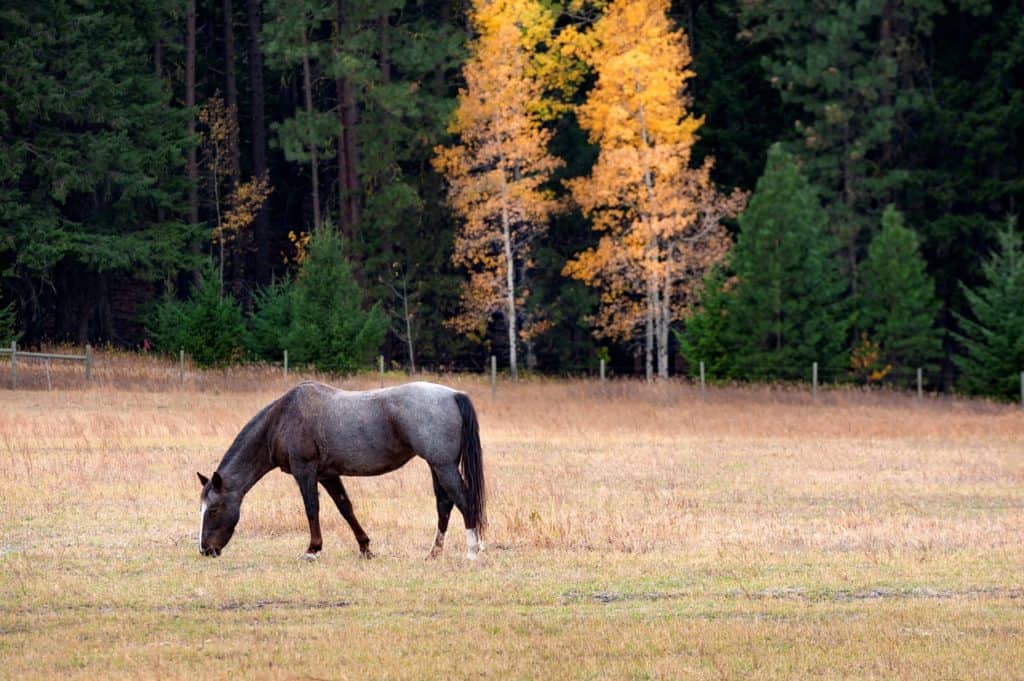
Nutritionist Dr. Clair Thunes shares advice on how to reduce your horse’s risk of colicking this fall.

Aging mules and donkeys need to be managed just as carefully as horses. Here’s what you need to know.

Dr. Andrew van Eps gives his advice for returning a previously laminitic horse to movement and exercise slowly.

Controlled exercise, as discussed with your veterinarian, can be part of a successful rehabilitation program.
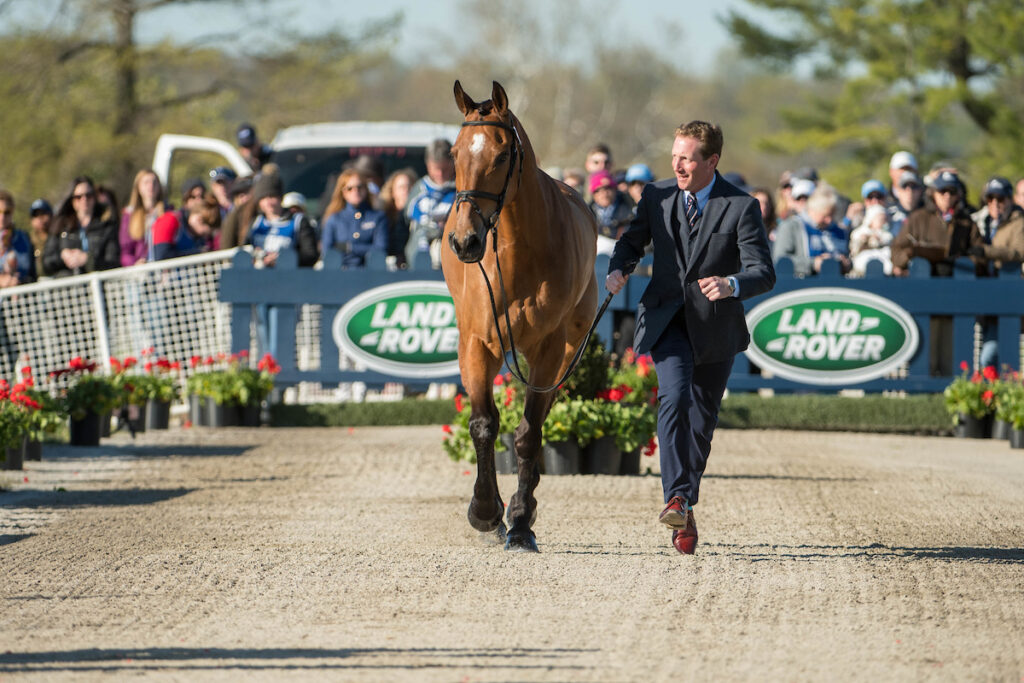
Here’s what to know about horse inspections, which are designed to evaluate the horse’s fitness to compete.
Stay on top of the most recent Horse Health news with
"*" indicates required fields